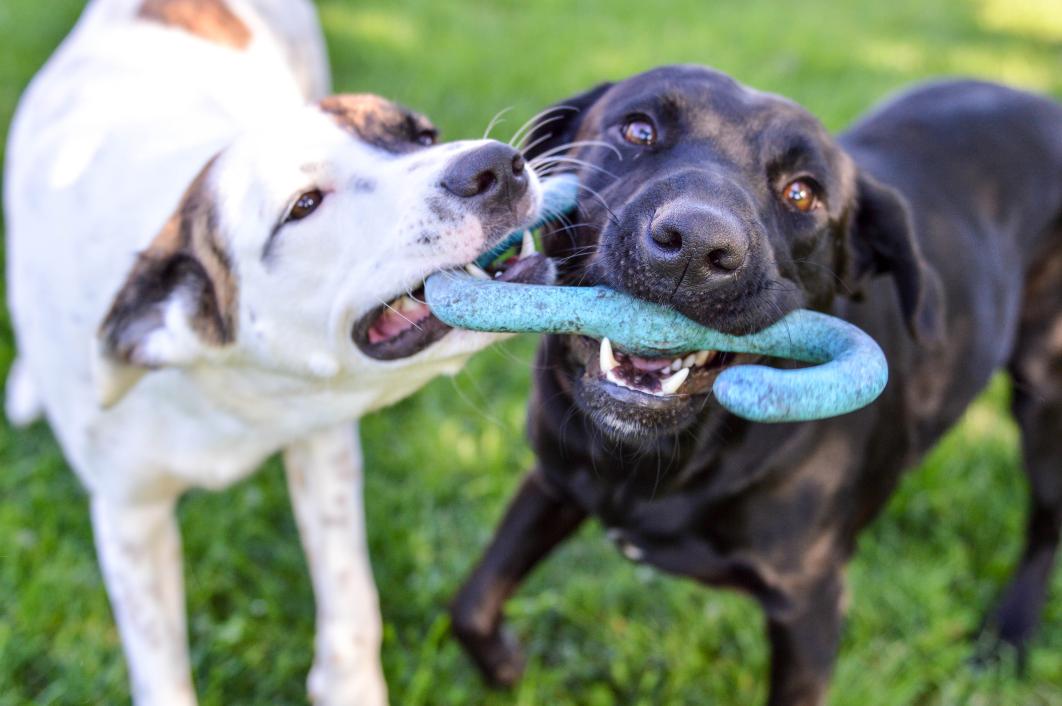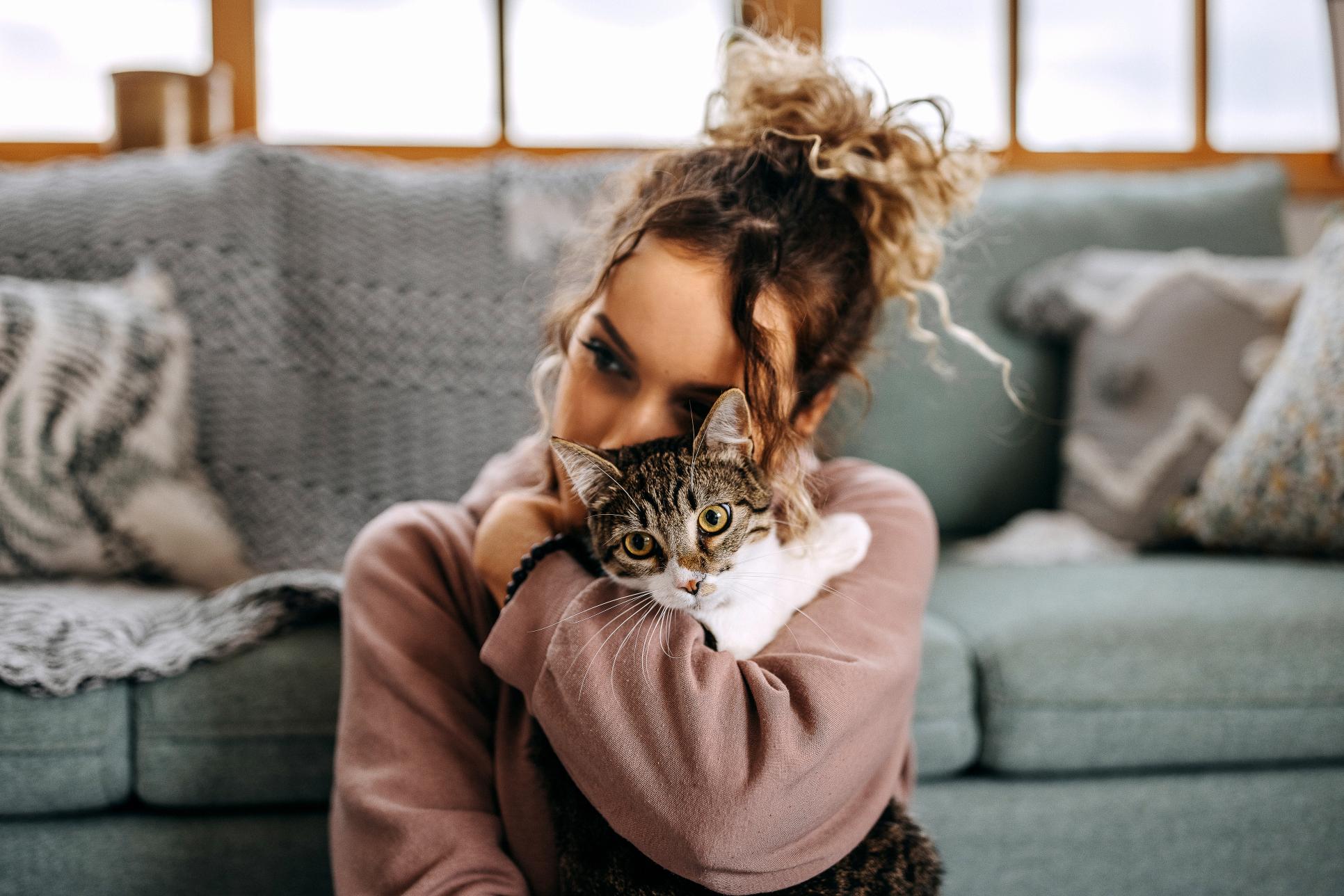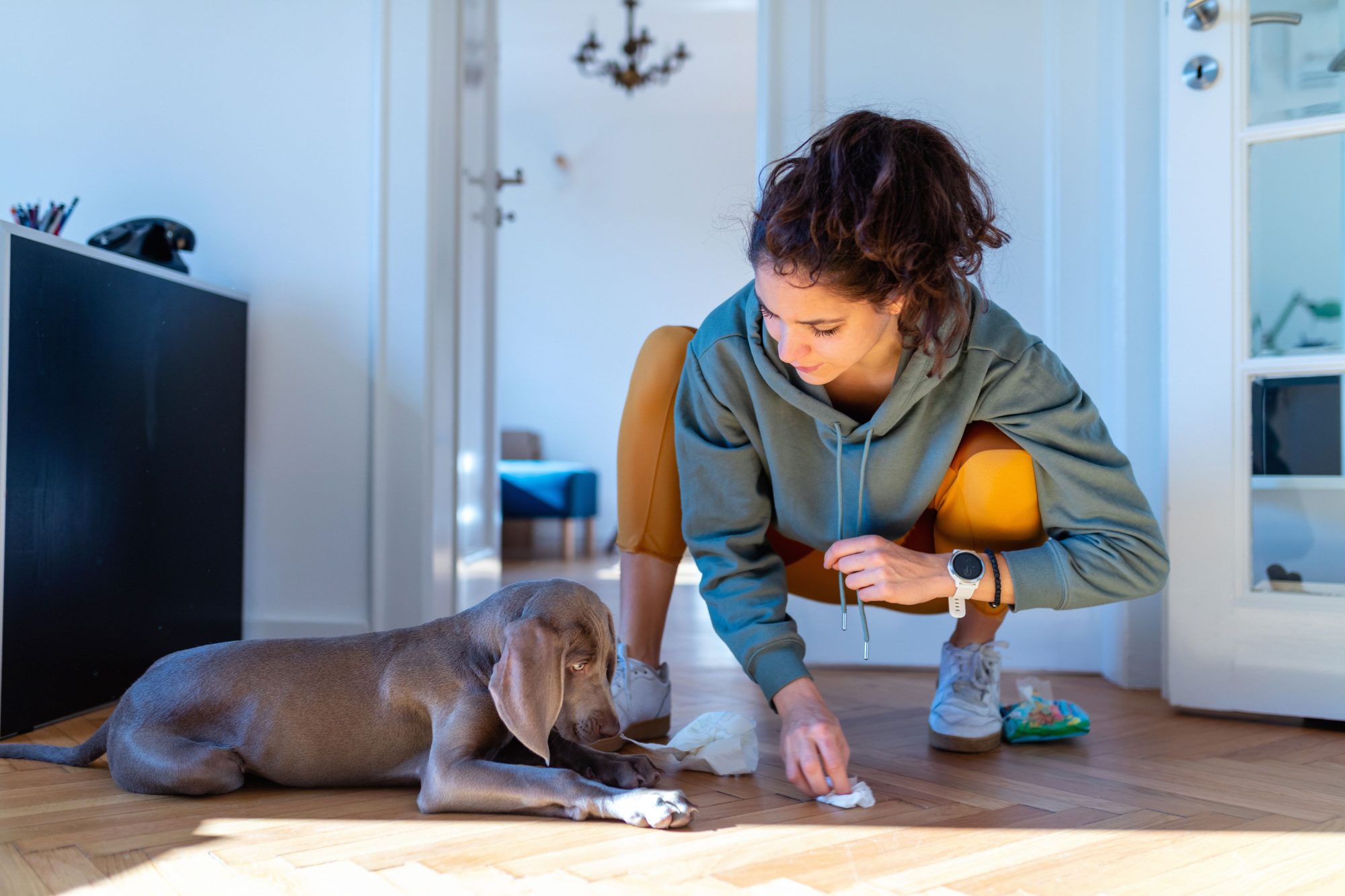Posts in Category: Training & Behavior
Why Socializing Your Pet Is Important

Every pet deserves a life filled with fun, friends, and fabulous new experiences! At MarketPlace Veterinary Hospital, we’re all about helping your furry friend embrace the world with confidence and curiosity. Socialization is key to making that happen. Whether you’ve got a bouncy puppy eager to meet everyone or a cautious cat who prefers a slow approach, introducing new people, pets, and places can make all the difference in their happiness and ease with new situations.
Continue…Exploring the Impact of Socialization on Pet Happiness

Pet socialization is an important part of calling a four-legged friend yours. Just as people develop social skills throughout life, social skills are important for pets, too. Especially the canine friends among us. Cats can be surprisingly social creatures, too—in the right circumstances.
Here at MarketPlace Veterinary Hospital, we want to help you with every aspect of owning a pet. That includes helping your pawsome pal develop pet social skills.
Continue…New Year, New Leash on Life: Overcoming Pet Behavioral Challenges

Ring in the New Year, and suddenly, everyone’s talking about resolutions. Our furry friends shouldn’t be left out—although pet behavioral challenges can be a handful. At MarketPlace Veterinary Hospital, we’re passionate about helping pets and their owners find that perfect harmony. Let’s talk about making this year the best one yet for our four-legged companions.
Continue…Repetition, Consistency, and Puppy Potty Training

Meeting the needs of a growing puppy can be a full-time job. While their needs are so great and abundant, the rewards are immensely satisfying and far-reaching and you will not regret the effort you put in.
When it comes to puppy potty training, mistakes, missteps, accidents, and exasperation are par for the course. The keys to your success? Love, patience, and respect will get you started, but effective methods hinge on consistency and repetition.
Continue…Reasons Your Dog is Whining

The sound of a whining dog can be a little bit like nails on a chalkboard. In order to address the problem, you have to find out the catalyst as quickly as possible. MarketPlace Veterinary Hospital is here to help you solve the mystery.
Dog Communication
Continue…Your Guide to an At-Home Cat Health Assessment

Cats certainly have a bit of mystery about them and are notoriously difficult to understand. MarketPlace Veterinary Hospital knows, though, that when you really start to pay attention, there are definitely ways to tell how your cat is doing. Taking a periodic at-home cat health assessment is an easy way to make sure your cat is happy and healthy.
Continue…Compulsive Licking, Biting, and Scratching in Dogs
The Right Skills to Make Dog Walking Easy and Fun

What could be better than going for a walk with your dog? Exercising together is the best way to get to know one another and begin to bond. And while it might seem counter-intuitive, not every dog comes equipped with the skills to walk on-leash. Some pull or yank, others drift, dawdle, or fall behind. Whatever the case may be for your newly adopted dog, it’s worth the time and energy to train them to embrace their leash, keep step with you, and not bolt after every squirrel they see. These dog walking tips are just for you.
Continue…When Pet Zoomies Take Over, Take Cover

They might seem completely random and mysterious (if not inconvenient), but pet zoomies are perfectly appropriate. Humans have their own spontaneous responses to energy that include compulsive cleaning, impulse shopping, or even exercise. As for the cats and dogs we share our homes and lives with, they could be going about their business only to seemingly freak out, run around in circles, tear up the throw rugs, and zip up and down the hallway. What is really behind pet zoomies, and how should we react to them? The team at MarketPlace Veterinary Hospital is here to explain the phenomenon of pet zoomies and how to respond to them.
Continue…What’s the Cause of Anxiety in Pets?

At first glance it may seem that there is little for your pet to be worried about. They have a warm, safe home, a steady source of food, and a person that loves them very much. Anxiety in pets is a very real phenomenon, though, and MarketPlace Veterinary Hospital wants you to know how to recognize this and help your pet.
Continue…

